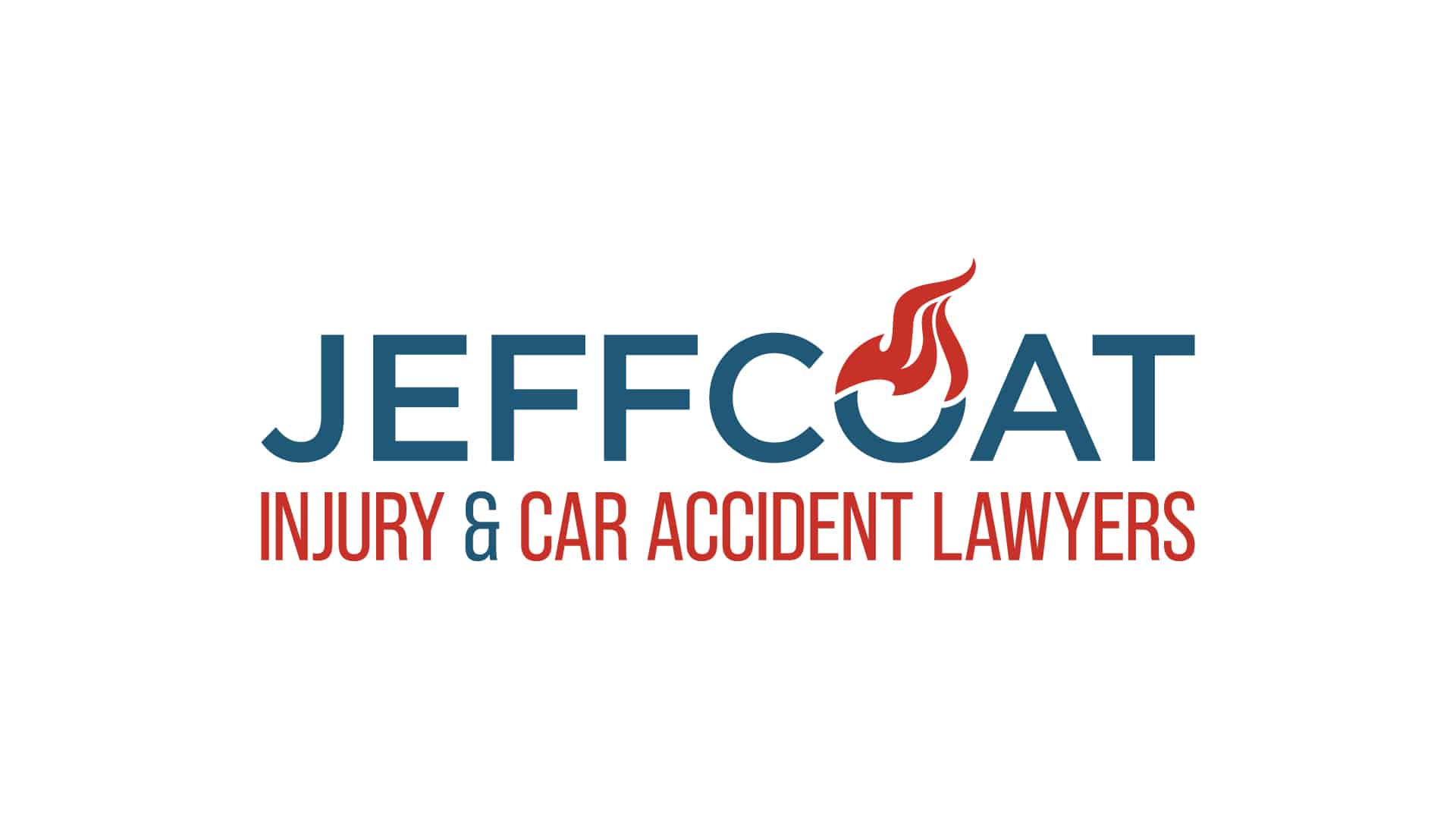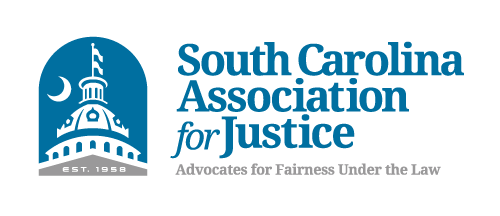Every seven seconds, an employee gets injured on the job. In fact, over 4,600,000 employees sustain workplace injuries every year.
Were you injured at work?
You don’t have to deal with your injuries on your own. Instead, you’re entitled to worker’s compensation insurance.
Not sure what you’re rights and responsibilities are? Make sure you keep reading below to learn more!
Injured at Work? When You Qualify for Worker’s Comp
If you ever sustain an injury in the workplace, you are in most cases entitled to worker’s compensation insurance. This insurance will cover expenses like medical bills, lost wages, rehabilitation costs, etc.
But there are a few things you should understand about worker’s comp and workplace accidents.
Here’s what you need to know.
The Role of Negligence
Receiving worker’s compensation for your injury isn’t the same thing as suing your employer. In fact, worker’s comp ensures that, rather than suing your employer, the insurance covers necessary expenses instead.
Because of this, you don’t have to prove your employer’s negligence caused the injury. You will receive compensation regardless of negligence, even if you as the employee was the negligent one.
When You Can Sue
You can’t sue your employer if they have worker’s compensation, but you may be able to sue a third party.
For example, if a piece of equipment injured you because it was defective, you may be able to file a claim against the manufacturer. This type of claim is a “third party claim”, but these aren’t part of worker’s compensation.
If you wanted to file a third-party claim, you would have to go through the state or federal court to do so.
Times Worker’s Compensation Won’t Cover Your Injury
There are certain occasions in which worker’s compensation won’t cover on-the-job injuries. Here are a few of the most common reasons.
- If Drugs or Alcohol Are Involved
Worker’s compensation won’t cover any injuries involving illegal drugs or substances. Some employers may ask you to submit a drug test when you report your accident to ensure drugs or alcohol didn’t play a part.
- Injuries That Happen on Your Commute
Although you might be driving to or from work, your employer’s worker’s compensation insurance usually doesn’t cover any injuries received on your commute. This means you have to handle things like car, bike, train, or bus accidents on your own.
- Fighting in the Workplace
If you sustain injuries from fighting another employee or person in the workplace, you are responsible to pay for any necessary medical expenses. This includes injuries received from things like horseplay as well.
What to Do After an Accident at Work
When you have an accident at work, there are a few things you need to do as soon as possible to ensure worker’s compensation covers your injuries.
Here are the steps you should follow.
Seek Medical Help
First, you should seek medical help for your injuries. It’s a good idea to go see a doctor after am on-the-job accident even if you don’t think you’re hurt. They may be able to recognize the beginnings of an injury you missed.
If the injury is serious enough, you should go to the emergency room right away. If the injury doesn’t require immediate attention, ask your employer if there is a specific doctor you’re required to see. Depending on your circumstances, you may be able to pick a doctor of your choosing.
File an Accident Report
After you get the medical attention you need, the next thing you should do is report the accident.
Again, you should do this even if you don’t think you sustained any injuries. You might notice injuries at a later date. If you do, let your employer know right away.
Your employer will then file a worker’s compensation claim with their insurance company. But they can’t do this until they know about your injuries. So don’t wait to let them know.
You should also follow up with your employer to make sure they filed your worker’s compensation claim. It’s a good idea to get a copy of the claim to keep for yourself.
Consider Hiring a Lawyer
If your case is simple and straightforward, you might not need to hire a lawyer (although it’s always a good idea to consult with a worker’s compensation attorney to understand your benefits).
However, if your case confuses you or you have any questions, you might want to consider hiring a lawyer to handle the case for you. They can ensure you get the benefits you deserve, and they can represent you if you have to stand before a judge in court.
As a general rule, you should never represent yourself in court. If your worker’s compensation case involves going to a courtroom of any kind, you should hire a lawyer right away.
What If My Employer Doesn’t Have Worker’s Compensation?
Almost all employers, excluding employers of agricultural or domestic employees and independent contractors, must have worker’s compensation insurance.
If your employer tells you they don’t have this insurance, you need to contact a lawyer as soon as possible. You can also call the labor department in your state.
What to Do If You’re Injured at Work
If you’re ever injured at work, you should report the incident with your employer right away. After that, they’ll file a claim on your behalf with their worker’s compensation insurance.
And it’s always a good idea to hire a lawyer to help you through the process.
Not sure how to do that?
Make sure you get in touch with us today and find out how we can help you.









